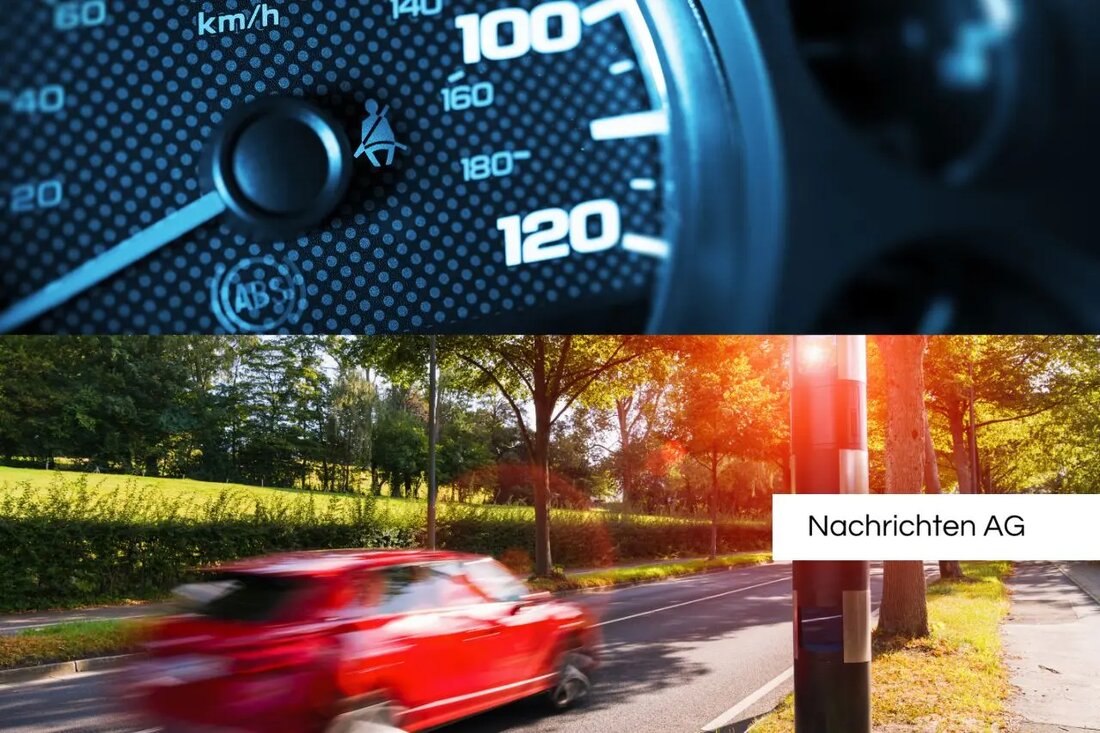Bonn: Germany's most car -friendly city - this is what it looks like!
Bonn: Germany's most car -friendly city - this is what it looks like!
A new study by the "Finn" car platform showed that Bonn was named "Germany's most car-unfriendly city". In an analysis of 49 cities, various factors such as vehicle density, traffic accidents, thefts of motor vehicles and speed camera density were taken into account. The high vehicle density and the exorbitant parking prices make a significant contribution to this negative assessment, such as Derwesten.de reports .
Bonn thus takes first place in the ranking of the most inhospitable cities for drivers, followed by Berlin and Mannheim. This result is highlighting the traffic situation in many German cities that suffer from high maintenance costs and clogged streets. The following table summarizes the ten worst cities for drivers:
| rank | Stadt |
|---|---|
| 1 | bonn |
| 2 | Berlin |
| 3 | Mannheim |
| 4 | Hannover |
| 5 | Munich |
| 6 | Karlsruhe |
| 7 | Frankfurt am Main |
| 8 | Cologne |
| 9 | Saarbrücken |
| 10 | region of Braunschweig |
traffic conditions and car density in Germany
The challenge of driving through urban rooms by car is not only limited to Bonn. An analysis of destatis.de shows that in 2023 the car density in Germany reached the maximum with 588 cars each. Despite the negative aspects of driving, such as high maintenance costs and poor air quality, the car remains the dominant means of transportation. Around 2.8 million new cars were approved in 2023, with 56 % of these new registrations for no vehicles with an internal combustion engine.
The execution of the improvements in the transport infrastructure and the adaptation of the traffic strategies are crucial. Around 14.8 % of the car stock in Germany is less than two years old, which shows that the market is in motion for newer models, especially electric vehicles. In 2023, 18 % of the newly approved cars were electrically.
environmental aspects of traffic
Another critical point is the environmental impact that is associated with motorized road traffic. According to Environmental Bundesamt.de , the transport sector causes almost 20 % of national greenhouse gas emissions. Even if e-mobility increases, the proportion of traffic in the entire CO2 emissions has remained almost constant since 1990. The EU-wide target of halving the road traffic accidents by 2030 is the need to improve the traffic efficiency and the choice of means of transport in order to sustainably reduce CO2 emissions.
Today it turns out that despite the declining specific emissions per kilometer, the total emissions of car traffic rise due to growing driving performance. The traffic authorities therefore face the challenge of finding innovative solutions in order to increase the efficiency of traffic and at the same time minimize the growing environmental costs.
| Details | |
|---|---|
| Quellen | |


Kommentare (0)